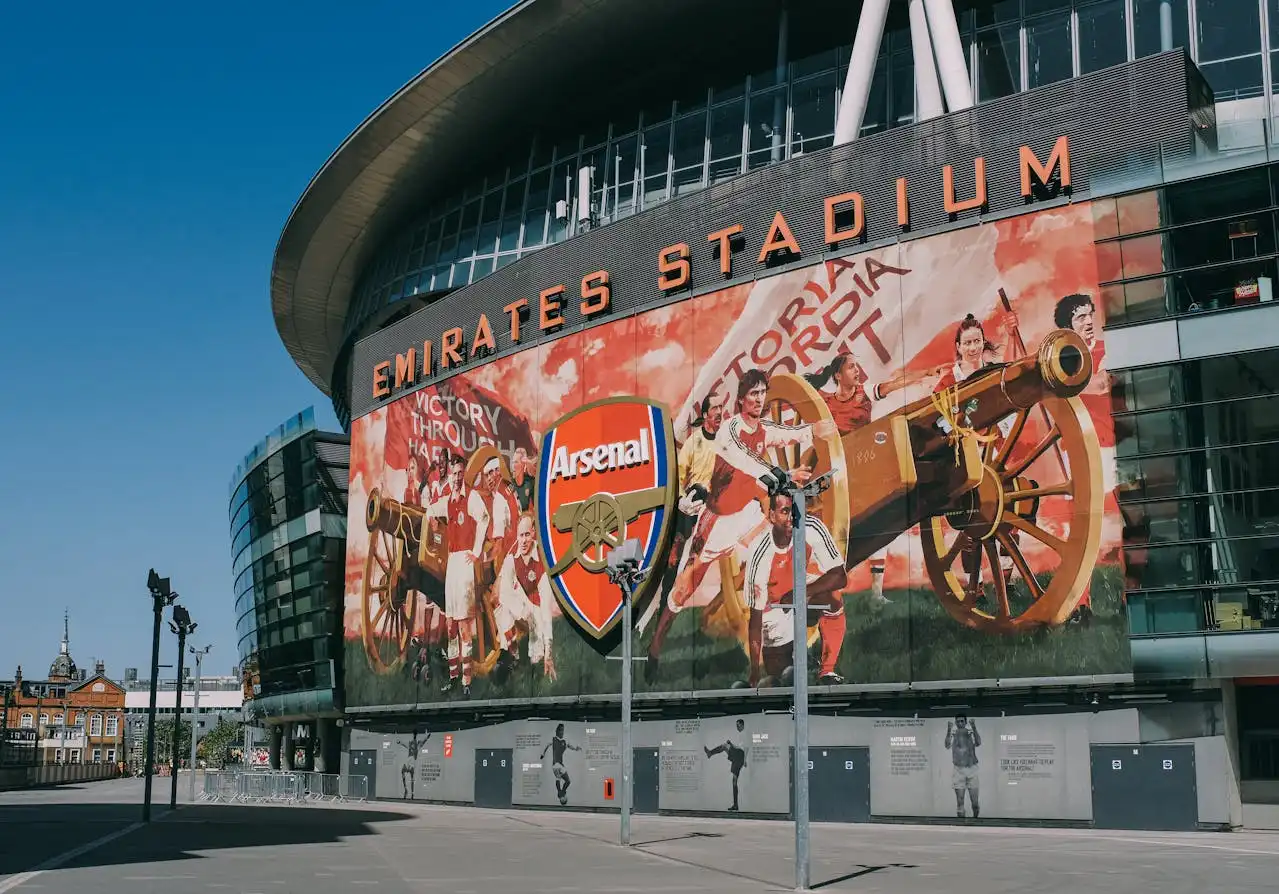In the grand tapestry of football history, certain seasons shine brighter than others, etched into collective memory not just for the trophies won, but for the sheer audacity of how they were achieved. For Arsenal Football Club, and indeed for anyone who witnessed it, the 2003-04 Premier League campaign wasn't just a triumph; it was a masterpiece. It was the season they became "The Invincibles," pulling off something truly bonkers: an entire league season without a single defeat. Talk about a mic drop in the annals of English football! Rewind to the early 2000s, and the Premier League was a gladiatorial arena. The rivalry between Arsène Wenger's Arsenal and Sir Alex Ferguson's Manchester United was the stuff of legend, a see-saw battle for dominance that captivated the nation. Arsenal, fresh off narrowly missing out on multiple trophies the season prior, had a hunger in their eyes, a steely determination that felt different. This wasn't just about winning back the title; it was about proving a point, about leaving an indelible mark. Wenger, the professorial Frenchman, had meticulously assembled a squad that was, quite simply, a dream team. Upfront, Thierry Henry, a gazelle with the killer instinct of a lion, was in his absolute prime, gliding past defenders as if they were statues. In midfield, the colossus Patrick Vieira reigned supreme, all power, grace, and an unyielding will to win. And then there was Dennis Bergkamp, the maestro, an artist with the ball at his feet, capable of unlocking any defence with a flick of his boot. Robert Pires, Freddie Ljungberg, Sol Campbell, the ever-vocal Jens Lehmann between the sticks – every position boasted world-class talent and an abundance of personality. Wenger's philosophy of attacking football, built on quick passing, technical brilliance, and fluid movement, had finally reached its glorious zenith. They played with a swagger, a belief that they were simply better, faster, smarter. The season kicked off, and from the get-go, you just knew something special was brewing. Wins piled up, often punctuated by breathtaking goals. Draws happened, sure, but the loss column remained stubbornly at zero. There were moments of sheer grit and resilience – coming back from behind, holding on with ten men. The now-famous "Battle of Old Trafford" early in the season, a fiery 0-0 draw where tempers flared and Ruud van Nistelrooy missed a last-minute penalty, only solidified their resolve. It sent a clear message: this Arsenal wouldn't be intimidated, not by anyone, not even their fiercest rivals. As the weeks bled into months, the pressure mounted exponentially. Every single game became a test of nerve, not just skill. Remember that epic comeback against Liverpool at Highbury? Trailing at half-time, Thierry Henry exploded in the second half, completing a hat-trick to snatch a pivotal victory. Or the iconic moment they clinched the Premier League title itself, not at their beloved Highbury, but at the home of their arch-rivals, White Hart Lane, against Tottenham? Talk about rubbing salt in the wounds – a moment of pure, unadulterated ecstasy for the red half of North London. It wasn't always beautiful; there were nervy moments, lucky breaks, and plenty of fingernail-biting finishes. But it was always, always effective. You could practically feel the collective gasp of the football world as the season wore on and still, no team could land a decisive blow. When the final whistle blew on May 15, 2004, at Highbury, after a 2-1 win against Leicester City, it wasn't merely the end of a match; it was the completion of something extraordinary. Thirty-eight games played. Twenty-six wins. Twelve draws. Zero defeats. A perfect '0' in the loss column. It was a feat not seen in English top-flight football for a staggering 115 years, since Preston North End achieved it in a much shorter, different era. This wasn't just a triumph; it was a statement of unparalleled dominance, a piece of sporting immortality carved into the very fabric of the game. The Invincibles didn't just win a title; they set a benchmark. They showed that perfection, or something incredibly close to it, was attainable, even in the cut-throat world of the Premier League. It cemented Arsène Wenger's legacy as one of football's true visionary managers and etched the names of that squad into the pantheon of footballing greats. For Arsenal fans, it's more than a cherished memory; it's a badge of honour, a golden standard against which all other achievements are measured. It’s the kind of story you tell your grandkids, proving that sometimes, just sometimes, dreams really do come true, in the most spectacular fashion imaginable. In an era where sports data is king, and every statistic is dissected ad nauseam, the "Invincibles" season stands alone, untouchable. It wasn't built on limitless transfer budgets or flashy commercial deals; it was about a perfectly balanced squad, a brilliant manager who believed in his philosophy, and an unshakeable collective belief. It was a season that defied logic, broke records, and captivated the world. Twenty years on, the golden glow of that achievement hasn't faded one bit. It remains, quite simply, Arsenal's unforgettable masterpiece.












